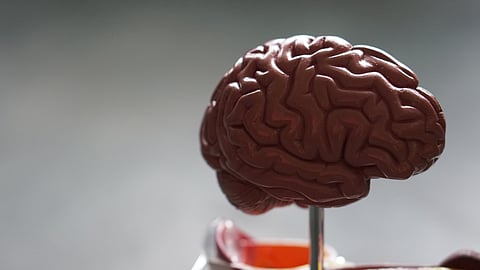According to the National Museum of American Indian Act of 1989, the repatriation of other remains is facilitated.
It was difficult to obtain enough information for the institution, as the records about the people belonging to the remains and their surviving relatives are limited. As it is not possible for them to identify their direct descendants, they are working to find the communities of the descendants.
The Secretary of the Smithsonian Institution, Lonnie Bunch, said that they are committed to standardizing ethical issues, would retrieve the remains as effectively as possible, and would also try their best to fulfill the wishes of the communities of the descendants of the remains.


